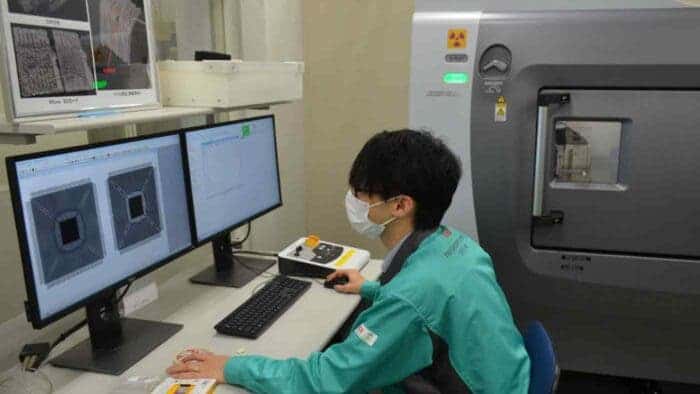Morgan Stanley stated that with the increase in chip production in Malaysia in October, the fab returned to full production. So the chip shortage should have ended. Car production and cloud data center server shipments should improve in the near future.
According to Morgan Stanley, the labor force of all fabs in Malaysia has recovered to 100%. Malaysian fab operations are returning to normal.
In addition, Morgan Stanley observes the memory chip industry chain. It found that the demand for server shipments in Asia decreases. As PMIC (Power Management IC) component restrictions eased, server production improved in October. Server foundry Q4 shipments will increase by 2% quarter-on-quarter, providing upside space for server DRAM (Dynamic Random Access Memory) shipments.
Global car production has also begun to gradually recover. CNN reported that German car manufacturer Volkswagen CEO Herbert Diess said that the shortage of chips caused a substantial loss of profit in the third quarter. “We have better [chip] supply now and hopefully months after months we can increase.” In addition, the Japanese automaker Toyota is also gradually reducing its production cuts, and production may return to normal by December.

Morgan Stanley believes that when automakers change their inventory policy from “just in time” to “just in case,” demand for automotive chips is expected to remain strong in the next few quarters. However, whether this situation will continue will depend on the chip increments required for electric vehicles and autonomous driving technology.
Chip Shortage For Automotive Industry Eases
According to analyst estimates, there is still a gap of about 15% between car production and car chip revenue. Motorola pointed out that unless the chips required for cars accelerate to a compound annual growth rate of more than 10% in 2021, the current car chip supply should be sufficient compared with the actual demand. Therefore, Morgan Stanley believes that car production should rise. Otherwise, the revenue of car chips will slow down. It also mentioned that after November this year, car production capacity should no longer be affected by chip shortages.
Morgan Stanley also stated that TSMC will successfully increase the production of automotive microcontrollers (MCUs) by 60% in 2021. However, for Asian foundries, such as TSMC and World Advanced, once the automotive chip order-to-shipment ratio (B/B value) begins to decline, foundry orders may fall in 2022. Some signs can be seen in Q4 this year.
So we can admit that strategy and approach changes in the automotive industry bear fruit.





